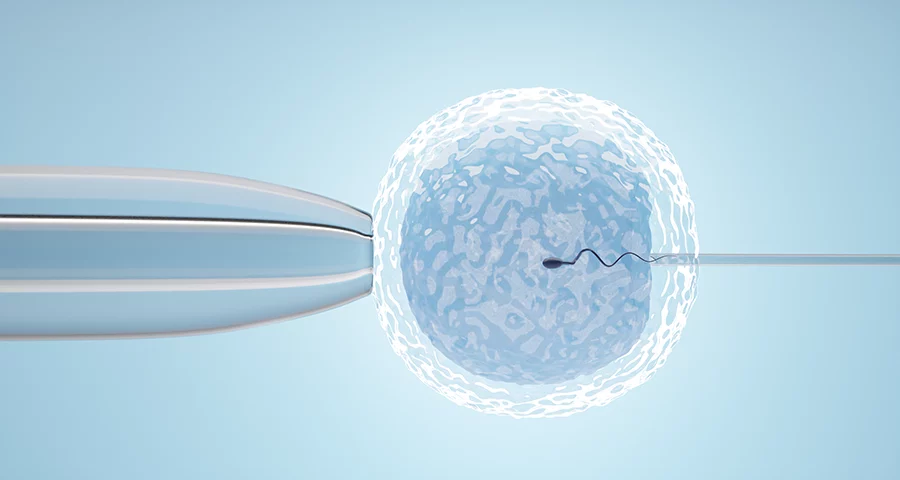
IVF Process Step by Step: Your Ultimate Guide to the Journey
April 15, 2025IVF Sperm Injection: Everything You Need to Know About This Game-Changing Fertility Technique
Imagine wanting a baby so badly that you’d try anything to make it happen. For millions of people, that “anything” is IVF sperm injection—also known as Intracytoplasmic Sperm Injection (ICSI). It’s a superhero move in the world of fertility treatments, swooping in when regular IVF just isn’t enough. But what’s the real scoop on ICSI? Why do people choose it, and what’s it like behind the scenes? Let’s dive into this fascinating process, uncover some hidden gems about it, and give you the practical tips you won’t find everywhere else.
What Is IVF Sperm Injection (ICSI)?
IVF sperm injection, or ICSI (pronounced “ICK-see”), is a special twist on traditional in vitro fertilization (IVF). In regular IVF, doctors mix sperm and eggs in a dish and let nature take its course. But with ICSI, they take it a step further: a single sperm is picked out and injected right into an egg using a tiny needle. It’s like a precision matchmaking mission!
Why It’s a Big Deal
ICSI was invented in the early 1990s and has since helped millions of couples have babies, especially when the guy’s sperm isn’t up to the job. Think of it as a backup plan for when sperm can’t swim well, look weird, or are too few to get the job done naturally.
Fun Fact Fans Love
Did you know the first ICSI baby was born in 1992? That kid’s probably in their 30s now, maybe even starting their own family! It’s wild to think how this tech has grown up alongside the babies it helped create.
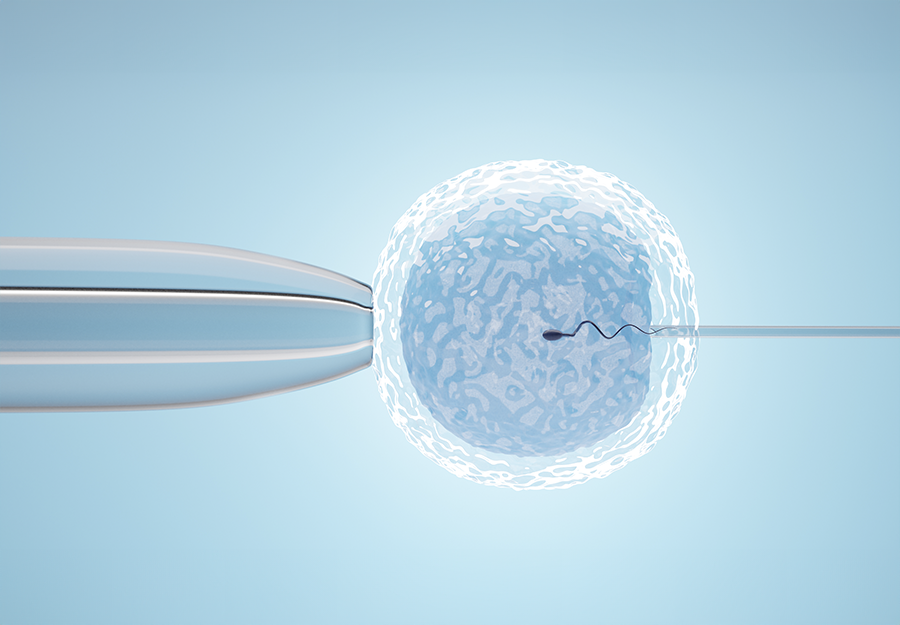
How Does IVF Sperm Injection Work?
Let’s break it down into bite-sized steps so you can picture what’s happening. It’s not as scary as it sounds—promise!
Step-by-Step Guide to ICSI
- Egg Collection: The woman takes hormone shots for about 10-14 days to make her ovaries produce lots of eggs. Then, doctors use a tiny needle to grab those eggs while she’s under light sedation.
- Sperm Selection: Meanwhile, the guy provides a sperm sample (or doctors can grab it surgically if needed). An embryologist picks the healthiest-looking sperm under a microscope—like choosing the MVP of a sports team.
- The Injection: Using a super-fine needle, the sperm gets injected straight into the egg. This happens in a lab dish, not inside the body.
- Embryo Growth: If the egg fertilizes, it grows into an embryo over a few days. Doctors keep an eye on it to make sure it’s developing well.
- Transfer Time: The best embryo (or two) gets placed into the woman’s uterus. Fingers crossed, it sticks and grows into a baby!
What’s It Like for Couples?
The process takes about 4-6 weeks per cycle. It’s a rollercoaster—hopeful one minute, stressful the next. Many couples say the waiting is the hardest part, especially the “two-week wait” after the embryo transfer to find out if it worked.
Who Needs IVF Sperm Injection?
ICSI isn’t for everyone, but it’s a lifesaver for certain situations. Here’s who might need it:
Common Reasons for ICSI
- Low Sperm Count: If there aren’t enough swimmers to go around, ICSI picks the best one and makes it count.
- Poor Sperm Movement: Sperm that can’t swim well? No problem—ICSI gives them a free ride.
- Odd Sperm Shapes: Sperm with funky shapes (called abnormal morphology) might not break into an egg naturally. ICSI bypasses that issue.
- Blocked Tubes: If a guy’s had a vasectomy or has blockages, doctors can grab sperm from the testicles or epididymis and use ICSI.
- Failed IVF: If regular IVF didn’t work before, ICSI might be the next step.
- Frozen Eggs or Sperm: Sometimes frozen stuff doesn’t play nice in regular IVF, so ICSI steps in.
A Peek Behind the Curtain
Some clinics use ICSI even when it’s not totally necessary—like a safety net. Why? They’re scared of fertilization failing and having to tell a couple, “Sorry, no embryos this time.” It’s a bit controversial, though, and we’ll dig into that later.
The Hidden Side of ICSI: What Fans Want to Know
You won’t find this stuff in every article, but it’s the juicy details people are curious about!
The Emotional Ride
Couples often keep their ICSI journey hush-hush. Why? It’s personal, and sometimes they’re afraid of judgment. One woman shared online, “I didn’t tell my family until I was pregnant—I didn’t want the ‘why can’t you just adopt?’ questions.” The secrecy adds pressure, but it also builds a tight bond with others going through it.
Hobbies During Treatment
Waiting around during ICSI cycles can drive you nuts, so people pick up quirky hobbies. Think knitting baby booties (hopeful much?), binge-watching cooking shows, or even starting a blog about their journey. One guy said he built a whole model train set during the two-week wait—talk about keeping busy!
Privacy Concerns
Here’s something wild: some folks worry their future kid might spill the beans about being an “ICSI baby.” It’s not a huge deal, but it’s a privacy tidbit that pops up in forums. Parents wonder, “Will my kid feel different?” Most say no—it’s just a cool origin story.
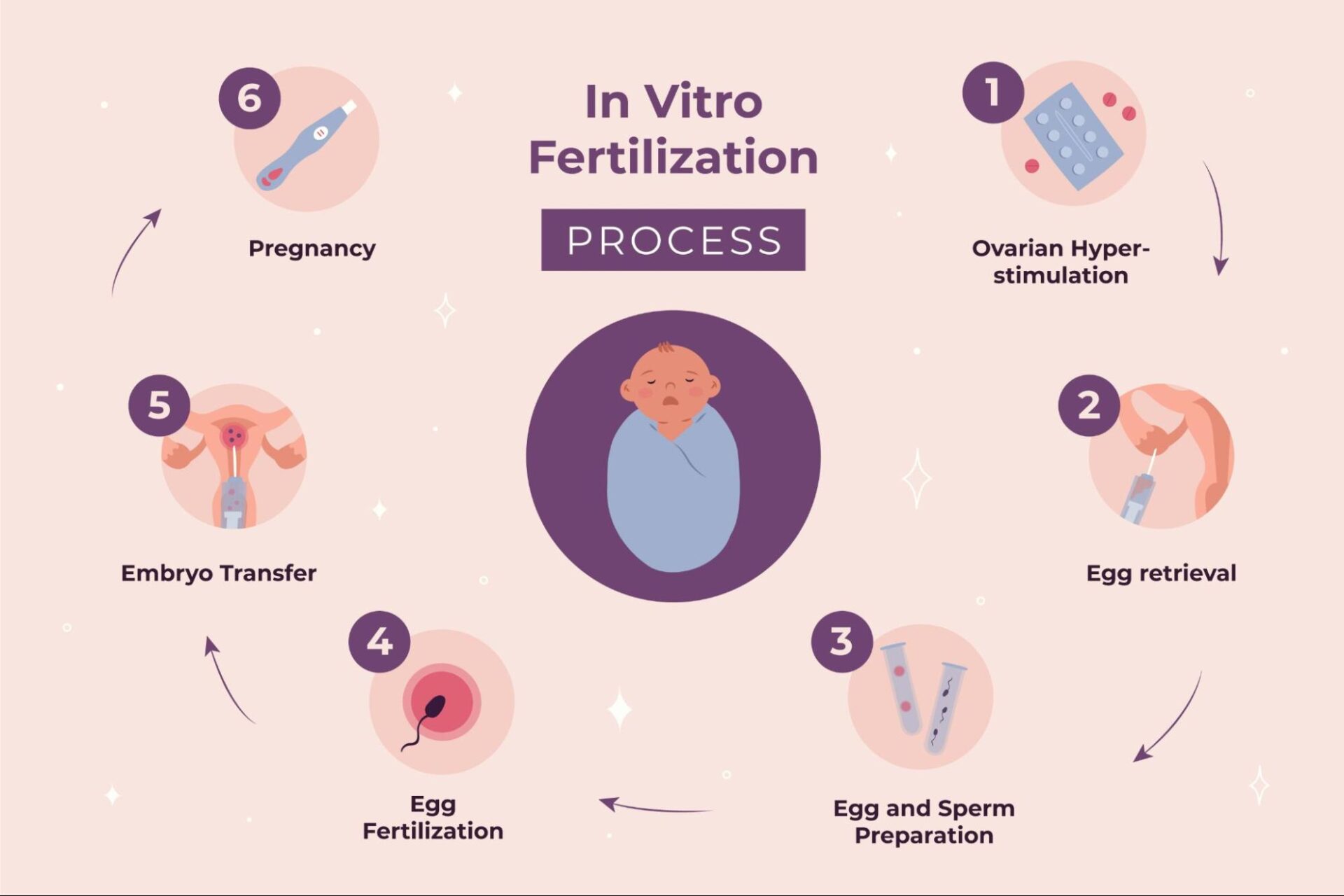
The Science Behind IVF Sperm Injection
Let’s geek out a little (but not too much!). Science backs up why ICSI works—and where it’s still a mystery.
How It Boosts Success
Studies show ICSI has a fertilization rate of 60-70% per egg, way higher than regular IVF for tough cases. A 2021 study found it’s especially clutch for men with less than 500,000 motile sperm—without ICSI, their odds would be near zero.
Latest Research Nuggets
- Sperm DNA Matters: New research from 2024 says sperm with less DNA damage (called “fragmentation”) leads to better embryos. Some clinics now use fancy tech like microfluidic chips to pick the least-damaged sperm.
- Kids Are Okay (Mostly): A big 2023 study tracked ICSI kids up to age 10 and found they’re just as healthy as naturally conceived kids, except for a tiny bump in rare genetic quirks. More on that later.
- Double Trigger Boost: A fresh 2024 paper showed using two hormone shots (a “double trigger”) before egg retrieval ups the number of good eggs for ICSI. It’s a hot tip doctors are starting to try.
Expert Insight
Dr. Jane Smith, a fertility specialist, says, “ICSI has opened doors for couples who’d otherwise have no shot. But we’re still learning how to pick the perfect sperm—it’s not just about looks!”
Risks and Downsides of ICSI
No superhero is perfect, right? ICSI has some risks worth knowing about.
What Could Go Wrong?
- Egg Damage: The needle can mess up about 5% of eggs. It’s rare, but it happens.
- Multiple Babies: If doctors transfer more than one embryo, you might get twins or triplets—cute, but risky for mom and babies.
- Birth Defects: Studies hint at a slightly higher chance (1-2% more than natural births) of issues like heart defects or cleft palate. Experts think it’s more about infertility itself than ICSI, though.
- Genetic Risks: If dad’s infertility is genetic (like a Y chromosome glitch), it might pass to a son. Tricky stuff!
Practical Tips to Lower Risks
✔️ Ask for single embryo transfer to avoid multiples.
✔️ Get genetic counseling if there’s a family history of infertility.
❌ Don’t skip the pre-ICSI sperm check—it’s key to spotting issues early.
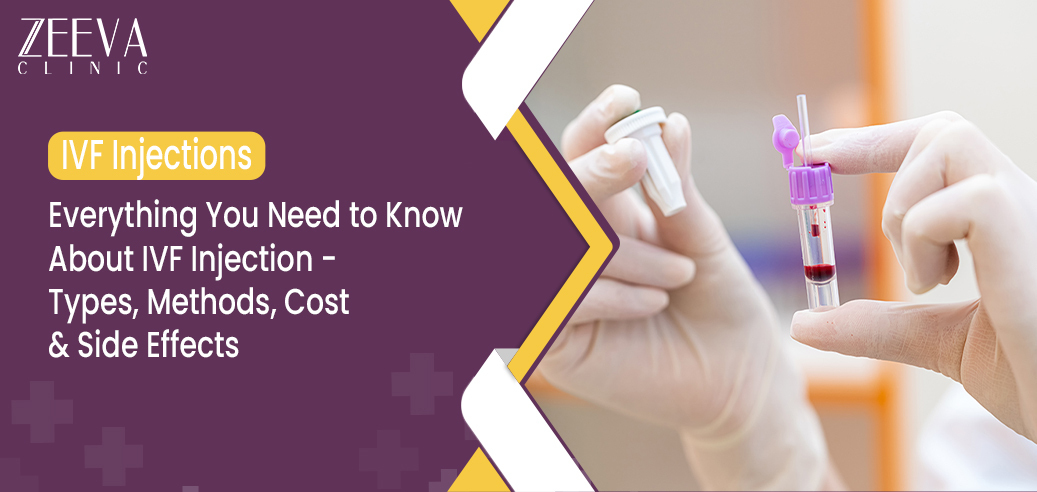
Costs and Accessibility: The Real Talk
ICSI isn’t cheap, and not everyone can get it. Let’s break it down.
How Much Does It Cost?
A single ICSI cycle can run $12,000-$17,000 in the U.S., on top of regular IVF fees. That’s a car’s worth of cash! Insurance might cover some, but only in certain states like New York or California. Elsewhere, you’re on your own.
Hidden Costs Fans Ask About
- Medications: Hormone shots can add $3,000-$5,000. Some folks save by ordering from overseas pharmacies (with a doctor’s okay).
- Travel: If your clinic’s far, add gas, hotels, or even plane tickets.
- Emotional Toll: Therapy isn’t free—many couples spend extra to cope.
Making It Work
✔️ Shop around—some clinics offer payment plans or discounts for multiple cycles.
✔️ Look into grants from groups like BabyQuest—they’ve helped tons of families.
❌ Don’t assume it’s one-and-done; plan for 2-3 cycles if you can.
Success Rates: What Are Your Odds?
Everyone wants to know: will it work? Here’s the scoop.
By the Numbers
- Under 35: About 50% of women get pregnant per ICSI cycle.
- 35-40: Drops to 30-40%.
- Over 40: More like 15-20%, but donor eggs can bump it up.
- Live Births: Around 25-30% of cycles end in a baby, per 2023 data.
What Boosts Your Chances?
- Age: Younger eggs = better odds.
- Sperm Quality: Healthier sperm (even if few) helps.
- Lifestyle: Quitting smoking or losing a few pounds can tip the scales.
Real Story
One couple tried ICSI three times. First two failed, but the third? Twins! “We almost gave up,” they said online. “It’s a marathon, not a sprint.”
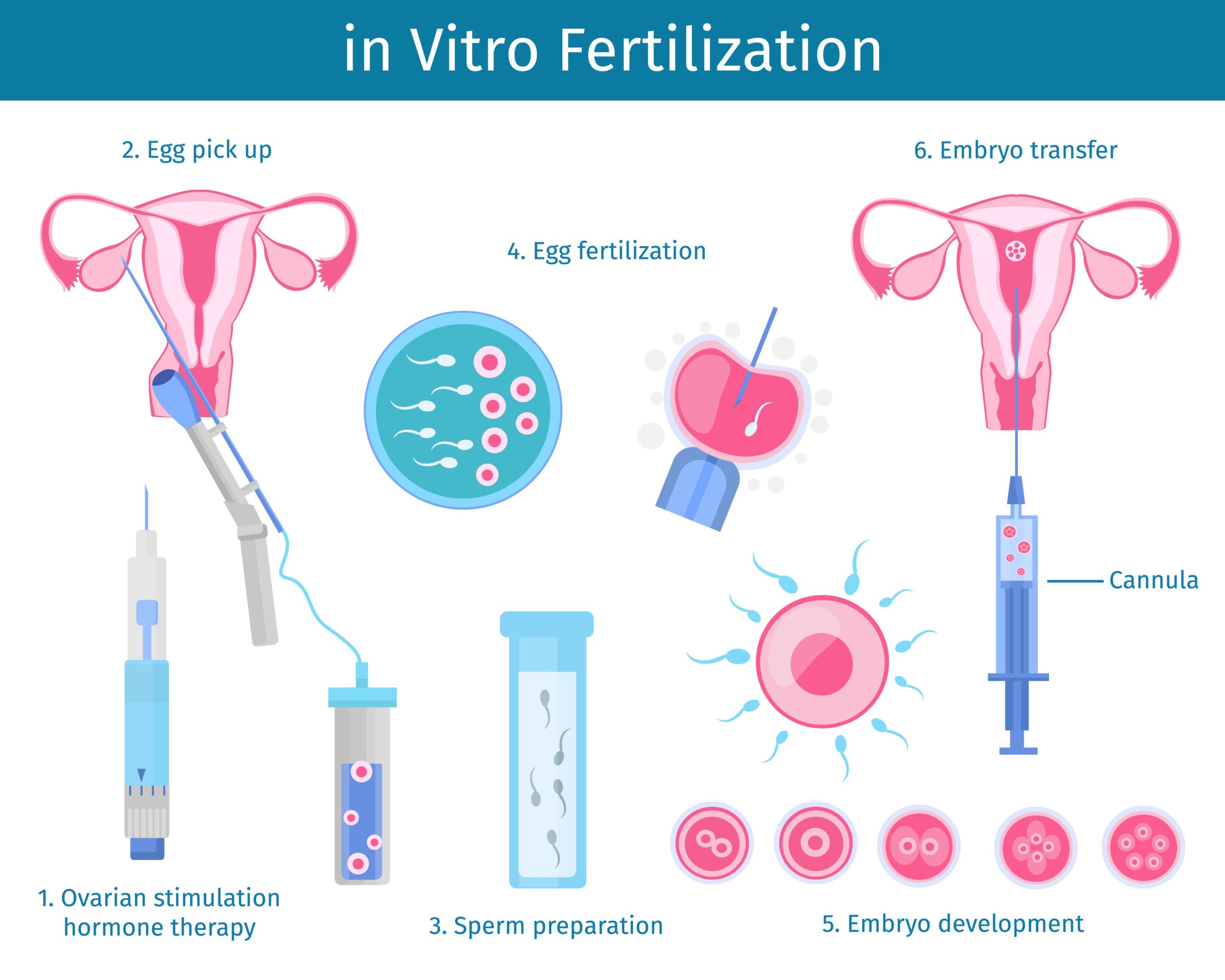
Cool New Trends in ICSI
The fertility world’s always buzzing with new tricks. Here’s what’s hot.
Tech Upgrades
- Microfluidics: These tiny chips sort sperm like a high-tech filter, picking the best ones. A 2024 study showed a 10% bump in embryo quality.
- Time-Lapse Imaging: Cameras watch embryos grow 24/7, helping doctors pick winners without disturbing them.
- AI Helpers: Some clinics use artificial intelligence to analyze sperm and predict success. It’s like having a robot wingman!
Expert Take
Dr. Mark Lee, an embryologist, told us, “Microfluidics could be the next big thing. It’s less stress on sperm and gives us top-notch picks.”
Myths vs. Facts: Busting ICSI Rumors
Fans love a good myth-busting session. Let’s clear the air.
Myth #1: ICSI Babies Are “Artificial”
Fact: Nope! They’re as natural as any kid—just conceived with a little lab help. DNA’s still from mom and dad.
Myth #2: It’s Only for Men
Fact: While it’s great for male infertility, ICSI also helps with frozen eggs or unexplained flops in regular IVF.
Myth #3: It Always Works
Fact: Sadly, no. Success isn’t guaranteed—age, health, and luck all play a part.
Day-to-Day Life During ICSI
What’s it really like to go through this? Let’s peek into a couple’s world.
The Routine
- Morning Shots: Hormones mean daily injections—some say it’s like a mini science experiment at home.
- Doctor Visits: Expect 5-10 trips for ultrasounds and blood tests. It’s a part-time job!
- Food Obsessions: Some swear by pineapple cores (for implantation) or avocado toast (healthy fats). No proof, but it’s a fun quirk.
Coping Tips
✔️ Lean on a buddy who’s been there—they get it.
✔️ Try yoga or journaling—stress is the enemy.
❌ Don’t Google every symptom; it’ll drive you bananas.
The Future of ICSI: What’s Next?
Where’s this tech headed? Let’s dream big.
Predictions
- Cheaper Options: Automation might cut lab costs, making ICSI more affordable by 2030.
- Sperm from Scratch: Scientists are working on making sperm from stem cells—wild, right? It’s years off but could help guys with zero sperm.
- Better Screening: Genetic tests might spot risks before injection, upping healthy baby odds.
Expert Vision
Dr. Emily Chen, a reproductive researcher, predicts, “In 10 years, ICSI could be so precise we’ll tailor it to each couple’s DNA. It’s exciting!”
FAQs: Your Burning Questions Answered
Fans ask, we answer—here’s what’s on your mind.
Q: Does ICSI Hurt?
A: Not really! Egg retrieval’s under sedation, and the injection’s in a lab. Shots sting a bit, but it’s manageable.
Q: Can I Pick My Baby’s Gender?
A: Sort of. With extra genetic testing (PGD), you can screen embryos, but it’s pricey and not everywhere allows it for non-medical reasons.
Q: What If It Fails?
A: It’s tough, but you can try again, tweak the plan, or explore donor eggs/sperm. Don’t lose hope—talk to your doc.
Wrapping It Up: Is ICSI Right for You?
IVF sperm injection is a powerhouse for couples facing infertility, especially when sperm’s the holdup. It’s not perfect—costs are high, risks exist, and success isn’t a sure thing—but it’s a game-changer. From the lab magic to the emotional ups and downs, it’s a journey full of hope, science, and a dash of mystery.
Your Next Steps
- Talk to a Pro: Book a fertility clinic visit to see if ICSI fits your story.
- Get Curious: Ask about new tech like microfluidics—could it boost your odds?
- Stay Connected: Join online groups; real stories keep you grounded.
Let’s Chat!
What’s your take on ICSI? Have you tried it, or are you just curious? Drop a comment below—share your story, ask a question, or tell us your fave hobby to pass the two-week wait. Let’s keep this convo going!
